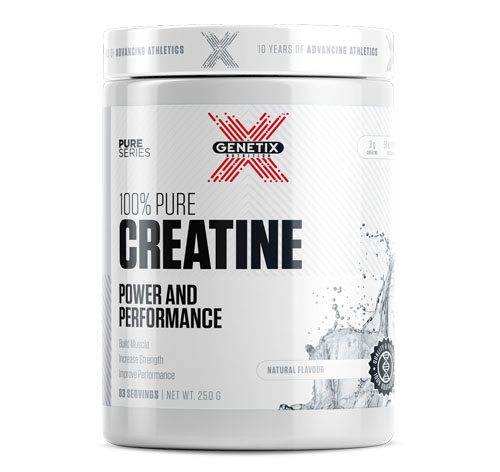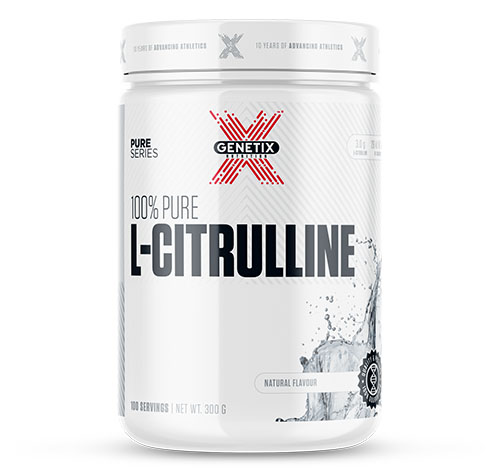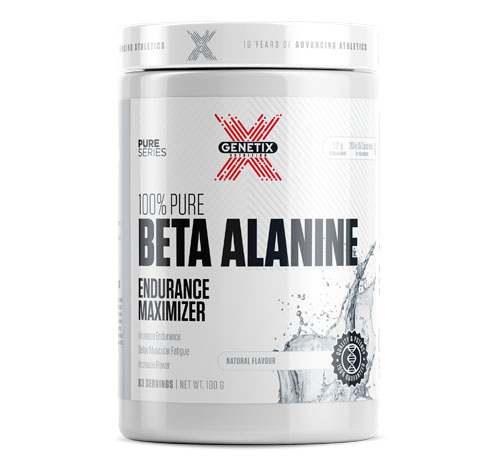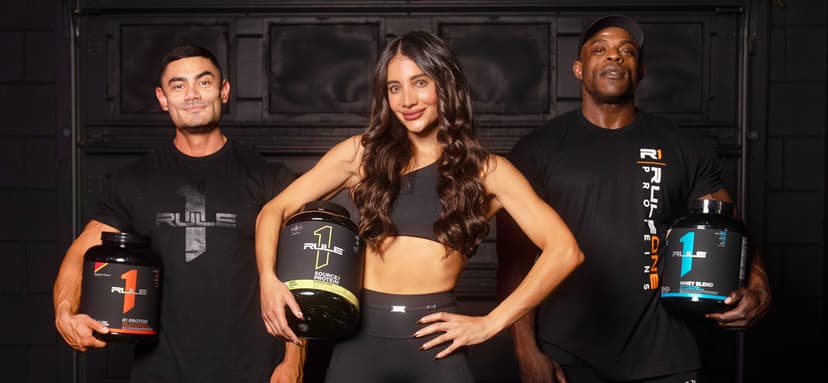Supplementation For Powerlifters - Part 1
06
Mar
Supplementation For Powerlifters - Part 1
Reading time - 8 mins
When designing an optimal training and adaptation protocol for an athlete, the 2 primary concerns you need to consider when trying to optimise your approach is how to improve performance and recovery. Now, the reality is that you can not have one without the other, and in order to achieve optimal performance and recovery, one important aspect a Powerlifter can focus on (outside of food and training), is supplementation and its benefits for enhancing both of these aspects but also general health as well.
So let’s look at these 2 aspects of athlete optimisation and delve into what supplements will help improve a powerlifters approach.
Given that the performance of a Powerlifter on the day of competition requires them to achieve a 1 repetition maximum over 3 lifts, being the squat, the bench and the deadlift, in order for them to achieve their best possible outcome once the competition day arrives, they must focus their training on the following aspects:
- Strength progression - Via technique/neural activation improvement
- Myofibrillar hypertrophy (increased muscle tissue) - Via increased training volume
- Recovery - Via food/supplementation
Knowing this, the following supplementation protocols can be used to improve the 3 major aspects of optimising a powerlifters environment:
1. Strength Progression
The two primary products that are the most efficacious in their consistent ability to increase strength in athletes are:
Creatine Monohydrate
Creatine monohydrate is the most efficacious supplement on the market with the largest array of studies to support its use and when supplemented correctly will increase the strength and power output of an athlete in 95% of its users.
For a more in-depth look into Creatine check out this article.
Caffeine
Similar to Creatine, Caffeine has long been touted and proven as a consistent performance enhancer in sports, with its primary benefits coming from an increase in strength and power output. Unlike Creatine, whereby it improves ATP production and energy availability, Caffeine stimulates the release of Adrenaline, which is a catecholamine responsible for increasing energy, aggression, focus and strength.
Supplementing with 3-6mg per kg of bodyweight 15-30min prior to a performance can increase strength and power output, as well as improve mental focus.
One consideration that needs to be taken into account, however, is how the individual responds to caffeine both in the energy producing phase but also the potential 'come down phase'. Clinical research suggests caffeine levels peak in the blood at 1hr post ingestion and then begin to slowly decline.
Given the majority of powerlifting sessions are greater than 2 hours in duration, timing your caffeine as well as regulating the amount you can consume relative to our body weight, is critically important in managing your fatigue levels.
Because of this, it may be advantageous to utilise a caffeine product also containing hordenine, as this ingredient may block the reuptake of neurotransmitters into the brain and may delay the slump in energy some experience 2 hours post ingestion of caffeine, although this needs further research.
2. Volume Accumulation
The 2 ingredients below have been suggested due to their ability to improve work capacity, which may allow for a greater increase in volume incrementation in training output.
Beta Alanine
In a training phase focusing on undulating volume or linear progressive volume accumulation in order to enhance hypertrophy (muscle growth), Beta Alanine may aid in supporting the reduction in lactic acid build up during high intensity or high repetition sessions.
Similarly, Beta Alanine may also enhance performance in training modalities such as drop sets, AMRAPS or short rest periods, of which are all techniques that can be used to increase the perceived intensity of a session in the absence of a lifted weight intensity (relative to 1RM) progression, which can enhance training volume achieved.
Read our article for more information on Beta Alanine.
Citrulline Malate
When supplemented, Citrulline Malate works two-fold by increasing peripheral blood flow as well as enhancing the production and availability of ATP, which is the primary fuel source used by the body during high-intensity exercise.
Supplementing with Citrulline Malate prior to exercise has been shown to enhance performance, strength and power output, which may need to an improved ability to work through greater volumes and induce greater hypertrophy.
Have a read of our article for more information on Citrulline Malate.
Where to from here?
This brings us to the end of part 1, which has focused on the supplementation responsible for maximising performance through strength and volume accumulation. In part 2 I will be discussing recovery and the supplements I suggest all powerlifters can benefit from in regards to optimising their health as well as outlining a supplement guide on how and when to use the supplements listed to achieve the best possible results.
While we may all want to get stronger and focus solely on this, when training and following an eating plan to optimise performance and recovery, ensuring you remain healthy, which will allow your body to recover optimally, is critically important when trying to mitigate the risk of injury and improve your longevity of performance.
Recommended Products
Read more in the Supplementation for Powerlifters Series
More Fit Talk

Categories
Protein
Sports Nutrition
More Categories
Health & Vitamins
Pickup & Delivery
FIND A STORE
SIGN IN

Free to Join - Cash back rewards on every purchase you make - Learn more


























